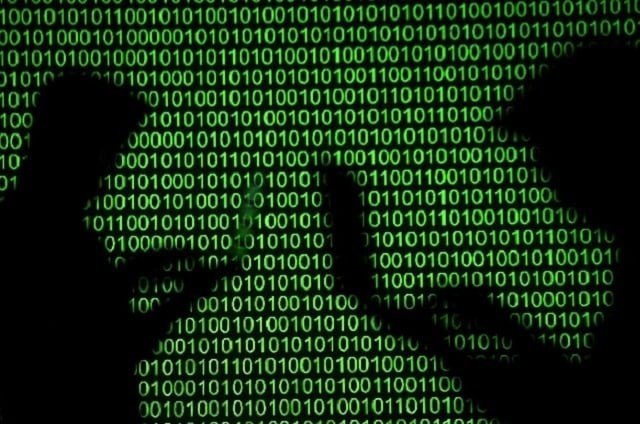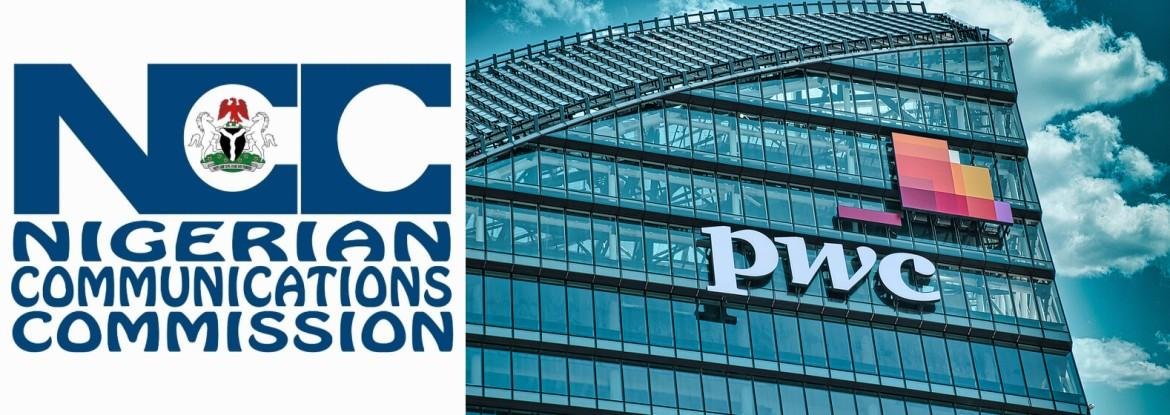ISLAMABAD: Pakistan Telecommunication Authority (PTA) Chairman Major General (retd) Hafeezur Rehman told the Senate Standing Committee on Information Technology and Telecommunications that Pakistani citizens’ data is regularly appearing on the dark web, raising urgent concerns over the country’s lack of data protection laws.
The revelation came during a committee session chaired by Senator Palwasha Khan, where officials admitted that Pakistan is facing external pressure not to pass legislation safeguarding citizens’ data. Despite repeated assurances, the long-awaited Data Protection Bill has yet to be presented.
Highlighting the severity of breaches, Rehman disclosed that the personal data of around 300,000 Hajj applicants had been leaked and called for a high-level inquiry. He noted that the matter, initially investigated in 2022, is now being handled by the Interior Ministry.
Senator Afnanullah (PML-N) warned that without strong legislation, Pakistan would continue to suffer heavy financial and security losses, calling data theft a “billion-rupee black market.”
The committee also raised concerns about governance in state-run telecom firms, pointing to lavish perks for board members of PTCL and Ufone. Senator Kamran Murtaza quipped that members receive up to $5,000 per meeting and foreign trips, underscoring the need for transparency and accountability.
Connectivity Challenges from Submarine Cable Cuts
In a parallel National Assembly IT committee meeting, the Ministry of IT reported that internet speeds in Pakistan have slowed significantly after multiple submarine cables were cut near Yemen.
IT Secretary Zarrar Hashim Khan said four to five cables had been severed, including two directly supplying Pakistan. Telecom operators have shifted bandwidth to alternate routes, but full restoration may take four to five weeks, as repairs require specialized ships.
He added that three new submarine cables, directly connecting Pakistan with Europe, are scheduled to become operational within 12 to 18 months, agreements for which have already been signed.
Committee member Sadiq Memon, however, questioned why connectivity issues persist despite upcoming infrastructure investments. The ministry stressed that the scale of the Yemen cable cuts had created an exceptional situation affecting multiple countries.















